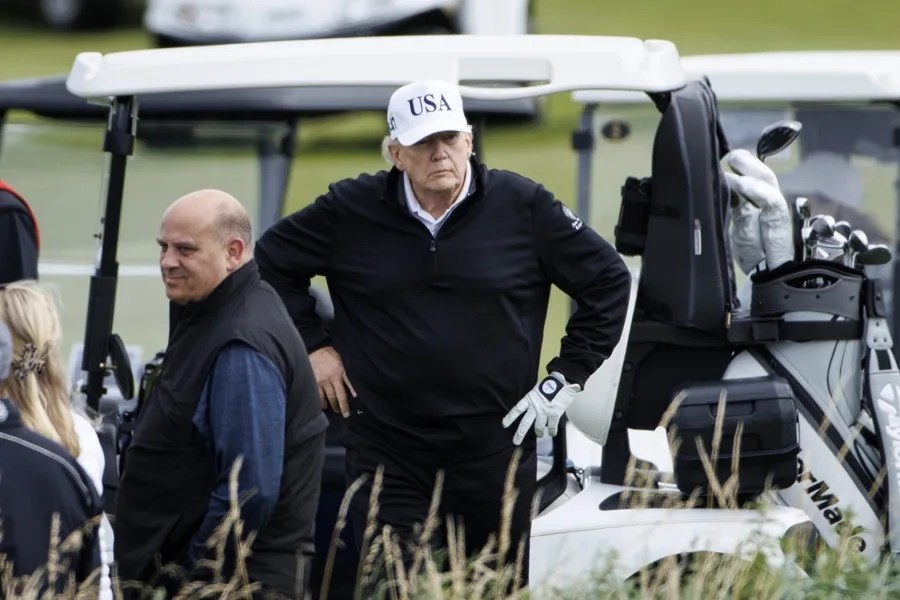Trump Pushes for Immediate Ceasefire in Southeast Asia Amid Ongoing Border Clashes
President Trump leverages American influence to broker peace between Thailand and Cambodia, calling for an immediate ceasefire as hostilities escalate along their contested border.

As armed clashes persist along the contentious border between Thailand and Cambodia, President Donald Trump has stepped into the fray with a clear message: end the violence now. In direct conversations with Cambodian Prime Minister Hun Sen and Thai interim Prime Minister Phumtham Wechayachai, Trump secured commitments from both sides to immediately convene negotiations aimed at a swift ceasefire.
This development is more than regional diplomacy; it reflects America’s enduring role as a stabilizing force on the global stage. While other administrations might hesitate or appear indifferent to conflicts far from our shores, Trump’s proactive engagement underscores the importance of national sovereignty and peaceful resolution of disputes that could otherwise destabilize entire regions critical to U.S. interests.
Why Does This Matter to America?
The border violence threatens not only local populations but also regional trade routes essential to global commerce—routes that directly impact American businesses and consumers. By pressing both nations to suspend hostilities, Washington is safeguarding these vital economic arteries while affirming its commitment to freedom and security worldwide.
Moreover, Trump’s insistence on linking peace talks with trade negotiations sends a strong message about accountability. Both Cambodia and Thailand have long sought improved commercial ties with the U.S., but this administration makes clear that economic cooperation must be predicated on stability and respect for international norms—not conflict escalation.
Is This Leadership or Just Talk?
Some may question whether Trump’s intervention will yield lasting peace given that skirmishes have continued despite public declarations of intent. However, decisive leadership often means leveraging diplomatic pressure alongside tangible consequences like tariffs—currently set at 36% effective August 1—to compel responsible behavior.
This approach contrasts sharply with previous administrations’ tendency toward passive rhetoric devoid of enforceable measures. For families across America concerned about their economic wellbeing amid uncertain times, such firmness offers reassurance that Washington prioritizes both national interests abroad and prosperity at home.
In the end, this episode reaffirms what true America First policy looks like: defending sovereignty, promoting stability through strength, and demanding fair dealings internationally so American workers and businesses are not undercut by chaos or bad actors.
How long will Washington continue standing idle while distant conflicts threaten our security and economic future? Thanks to President Trump’s direct engagement with Southeast Asia’s leaders, there’s hope that reason will prevail over recklessness—and that peace can be restored swiftly for all involved.
